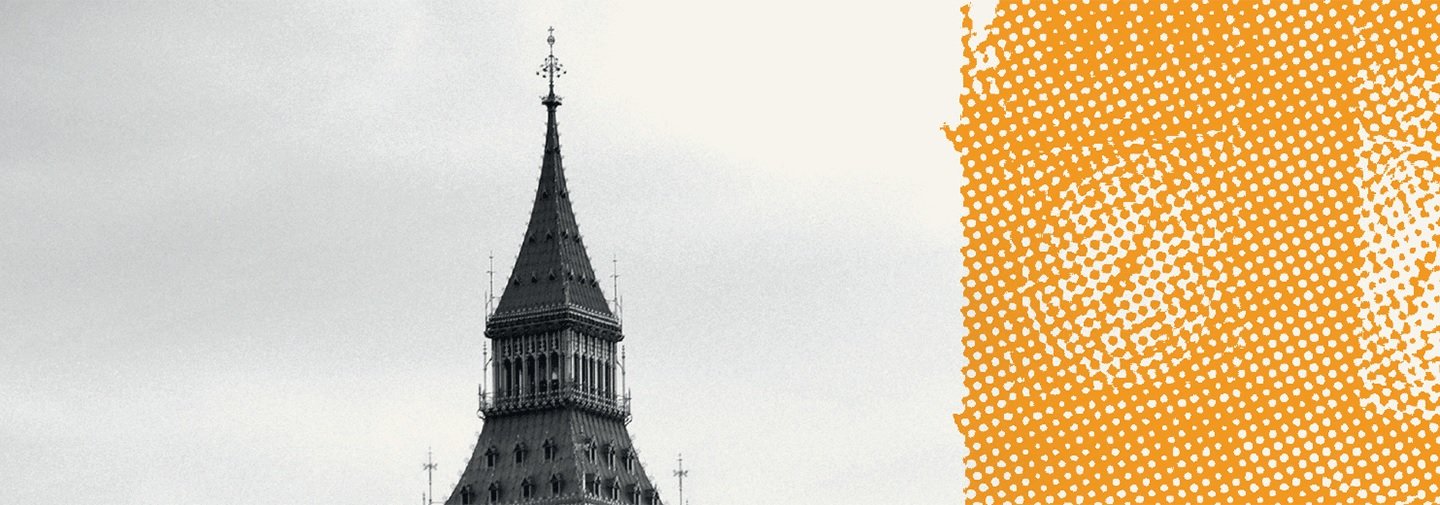ANALYSIS
Week Two ends with Labour and the Conservatives locked together in the polls and the identity of the next Prime Minister no clearer.
The most interesting number of the week is probably the increase in Ed Miliband’s personal approval rating (‘doing a good job’). Both sides will be watching to see if this can be sustained and whether it will translate into ‘best Prime Minister’ or headline voting intention numbers – it hasn’t yet.
Miliband and Cameron were widely perceived to have been bested by Nicola Sturgeon last Thursday night in the GB-wide leaders’ debate.
But the First Minister had a trickier time in both Scottish debates this week.
Her commitment to vote for full fiscal autonomy for Scotland within a year allowed her opponents to warn of a financial black hole in the SNP’s plans.
This criticism, however, is yet to shift voters’ perceptions, with one poll this morning suggesting the nationalists could win 53 of the 59 seats available – a result that would severely hinder Labour’s hopes of emerging triumphant.
The past few days have also witnessed the first proper policy skirmishes of the campaign.
Late on Tuesday evening, Labour announced they would abolish non-domicile tax status rules which allow wealthy foreign residents to pay limited tax.
The ramifications for tax intake of scrapping the 200 year old rule are disputed.
Ed Balls himself is on record earlier this year suggesting axing non-dom status could cost Britain – although Labour argue their chosen method will raise money.
But despite these uncertainties, the policy landed well.
Then, Defence Secretary Michael Fallon penned an article for The Times suggesting Ed Miliband would bow to SNP demands to scrap Trident, if doing so would give him the keys to Number Ten.
His colourful warning – “Ed Miliband stabbed his own brother in the back to become Labour leader. Now he is willing to stab the United Kingdom in the back” – ignited a row about overly-personal campaigning.
What these opening salvos reveal is the extent to which Labour and Conservatives are still focussed on solidifying their respective bases.
Labour’s non-dom pledge was eye-catching, but not surprising, while the Conservative decision to lead with national security will not have challenged voters’ perceptions of the party.
Neither party has yet announced counter-intuitive policies that might tempt centre-ground voters to look at their political offers with fresh eyes.
We will see if the publication of the manifestos next week – Labour on Monday and the Conservatives on Tuesday – will change that.
Oliver Pauley
UK Managing Director
STATE OF THE RACE
Predicted seats
Share of the vote
THE WEEK THAT WAS

High
David Cameron’s announcement alongside Karren Brady of a series of deals with large businesses to create 16,000 new apprenticeships.
Low
A confused response to Labour’s non-dom announcement which left them vulnerable to attack from Labour for being the ‘party of the rich
High
Labour announced plans to abolish the non-domicile tax status which could raise “at least hundreds of millions of pounds”.
Low
The Tories uncovered video footage of Shadow Chancellor Ed Balls admitting in January that abolishing the non-domicile tax status would probably “cost Britain money” by driving wealthy people out of the country.
High
Announcement of new ‘Help to Rent’ scheme, offering loans to help young people who want to rent a property pay their deposit.
Low
Struggled to get coverage for policy announcements such as a new clampdown on tax avoidance to fund an increase in the Personal Allowance.
High
A YouGov poll for The Times put SNP support at 49%, while Labour was on 25%. These figures would translate into 53 seats for the SNP out of a possible 59 in Scotland.
Low
In a Scottish leaders’ debate, First Minister Nicola Sturgeon was forced to admit she wanted full fiscal autonomy for Scotland as soon as possible. The other leaders challenged her, claiming that this would leave Scotland worse off by £7.6bn next year.
A ComRes poll this week indicated that UKIP leader Nigel Farage was on course to lose the election in his chosen constituency of South Thanet. Polling by Lord Ashcroft also shows support for the Party has fallen by up to 10 points in key seats since last October.
The Green Party’s first party political broadcast for the general election was released taking the form of a pop song about the major issues in British politics, sung by impersonators of the four main party leaders. The clip, which has been widely covered, was designed to highlight how the other parties are so similar they are “singing in harmony.”
Plaid Cymru has called for more power over major energy projects to be devolved to the Welsh government. Plaid Cymru argue this would allow Wales to increase its renewable energy capacity and focus on tidal and hydro power sources.
THE DIGITAL ELECTION
This week the parties have demonstrated the differences in their online rebuttal tactics.
While Labour used longer-form pieces on channels such as Storify to rebut Conservative arguments, the Tories have opted for bite-size tweetgraphics showing contradictory Labour positions on policy areas such as non-doms and Trident.
The non-doms announcement gained significant traction on Twitter, with over 15,000 mentions of the #NonDom hashtag on Wednesday (see graph above).
As the political debate moved on to Trident, so did the online conversation, with the Trident hashtag gaining over 13,000 mentions on Thursday alone.
BEST OF THE PRESS
Financial Times
Janan Ganes
Policy is trivial, personality is destiny in a UK general election
The Times
Daniel Finkelstein
Cameron needs to convert the Yes Yes Nos
The Times
Rachel Sylvester
Head or heart? It’s a Wizard of Oz election
Daily Telegraph
Ian Birrell
A toxic lack of trust is blighting Tory and Labour campaigns
The Independent
John Rentoul
All-or-nothing simplicities are going to blight this election
The Guardian
Rafael Behr
The stuff of Tory nightmares: what if Ed Miliband connects?
SUBSCRIBE
Click below to subscribe to have our updates delivered straight to your inbox.

